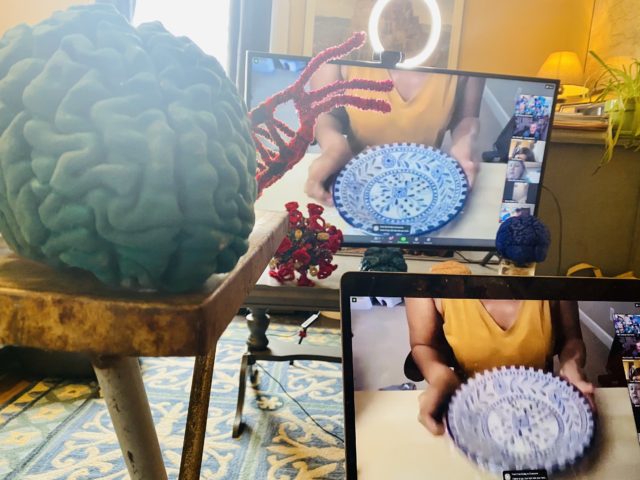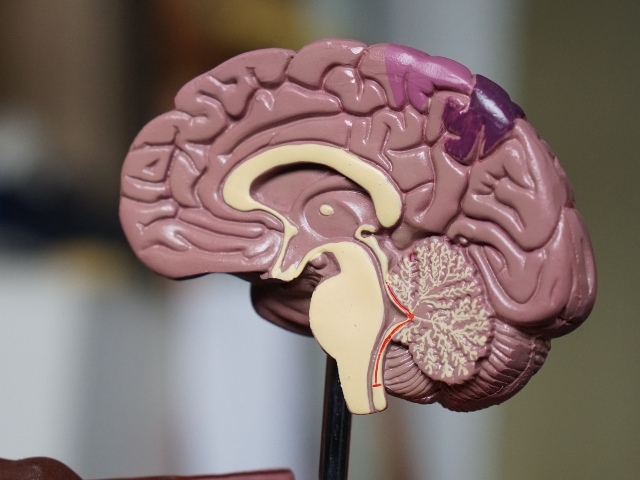
In a world filled with challenges and uncertainties, the power of positive thinking emerges as a beacon of hope and resilience. Beyond its impact on emotions and well-being, positive thinking has profound effects on brain function. This article explores the intricate relationship between a positive mindset and the enhancement of cognitive abilities.
Unveiling the Science Behind Positivity
Neurotransmitters and Positive Thinking
Positive thinking triggers the release of neurotransmitters such as dopamine and serotonin. These chemicals not only elevate mood but also play a crucial role in enhancing cognitive functions. Dopamine, often referred to as the “feel-good” neurotransmitter, is associated with motivation and reward. Serotonin, on the other hand, contributes to mood regulation and overall well-being.
Neural Plasticity and Cognitive Improvement
Embracing a positive mindset fosters neural plasticity, the brain’s ability to adapt and reorganize itself. This adaptability is a key factor in learning, memory, and cognitive function. Research indicates that individuals with optimistic outlooks tend to have increased neural plasticity, paving the way for improved problem-solving skills and creative thinking.
Positive Thinking as a Stress-Reduction Tool
Stress, a pervasive aspect of modern life, can have detrimental effects on cognitive function. The relationship between stress and cognitive decline is well-documented. Positive thinking serves as a potent stress reduction tool, mitigating the impact of stress hormones on the brain.
Cortisol and its Detrimental Effects
The hormone cortisol, released in response to stress, can impair memory, concentration, and decision-making. Cultivating a positive mindset helps regulate cortisol levels, creating an environment conducive to optimal cognitive performance. Visit their page if you need more information or have any questions about the top lions mane supplement.
Practical Strategies for Cultivating Positivity
Mindfulness Meditation
Mindfulness meditation is a powerful technique for fostering positive thinking and reducing stress. It involves staying present in the moment, letting go of negative thoughts, and embracing a non-judgmental awareness. Studies have shown that regular mindfulness practice not only improves mood but also enhances cognitive function.
Gratitude Journaling
Maintaining a gratitude journal can shift focus from challenges to positive aspects of life. The act of reflecting on and writing down things to be thankful for has been linked to increased overall well-being and improved cognitive function.

Real-Life Success Stories
Inspirational Stories of Cognitive Transformation
Highlighting real-life success stories of individuals who transformed their cognitive abilities through the power of positive thinking can inspire readers. Whether overcoming challenges, achieving career success, or navigating personal growth, these stories illustrate the tangible impact of cultivating a positive mindset.
Conclusion
The power of positive thinking goes beyond merely influencing emotions; it actively shapes the neural landscape of the brain. By understanding and harnessing this power, individuals can boost brain function, enhance cognitive abilities, and navigate life’s challenges with resilience. Embracing positivity through practices like mindfulness meditation and gratitude journaling empowers individuals to lead fulfilling lives, both emotionally and cognitively.





